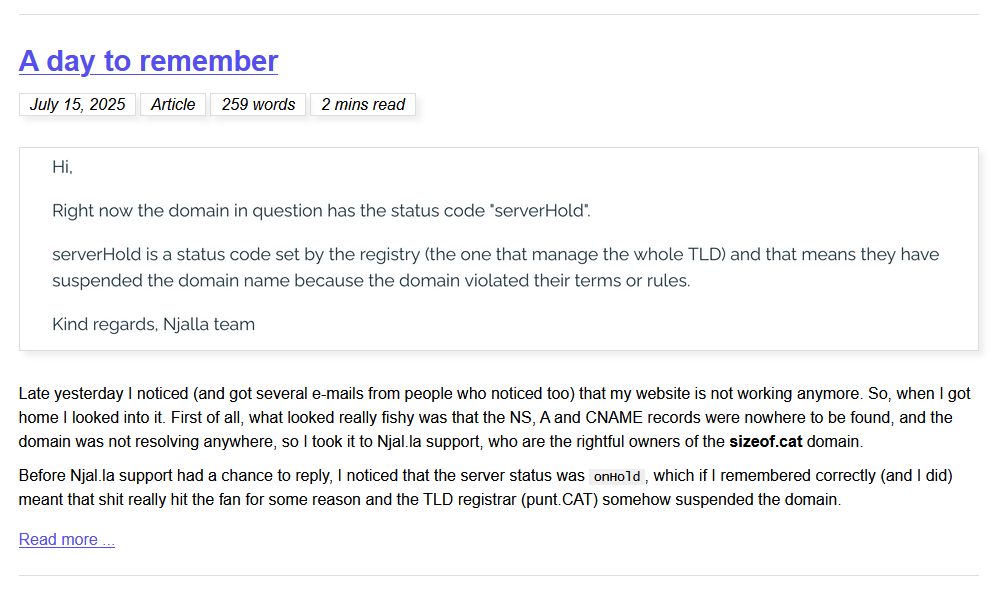When plunder becomes a way of life
A day to remember

A Last Wish
Upside Down
Zekvcczxvetv
Blind to Battle
The Control Problem
‘If you tell an AI to make people happy, it may decide to just put everyone to sleep, forever. Which, you know, given the state of the world, might not be such a bad thing. Turns out it’s almost impossible to program something to be good. We don’t have the words for it. I wonder what that says about us.
But maybe we eventually figure out this goodness, and how to program it. I have a feeling, it’s right in front of our eyes. Perhaps, it has nothing to do with programming.
A World Built on Conflict
It’s an incredibly disturbing realization that this does nothing to benefit society and it’s just literally created to keep the economy afloat. The mantra of the relentless pursuit of growth, under the guise that it betters the economy, is frankly absurd. The idea that our entire system’s survival hinges on a never-ending increase in outputs and a relentless reduction of inputs—working more, working faster—is irrational and cruel at its core.